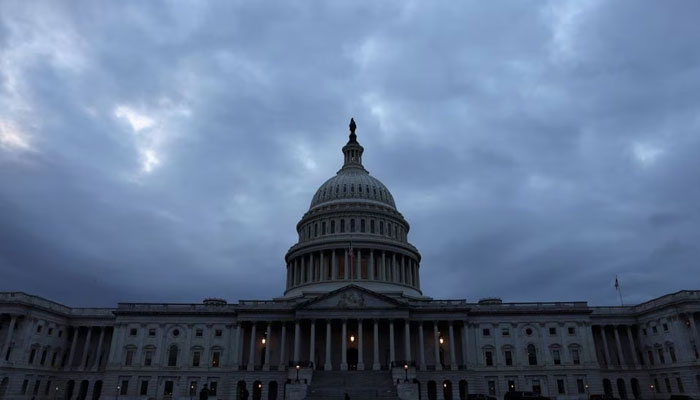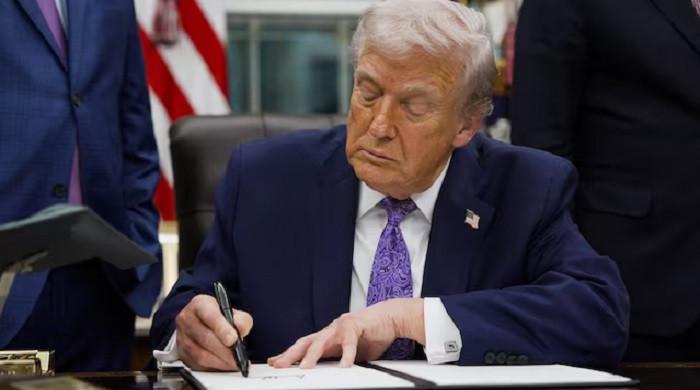US debt ceiling talks face hurdles as deadline nears, 'major issues' remain
A failure to raise the debt ceiling in the coming week could have dire consequences, including a potential default
May 27, 2023

Democratic and Republican negotiators in the United States are facing significant challenges as they attempt to reach a consensus on raising the country's debt ceiling, with crucial disagreements still unresolved.
The clock is ticking for Democratic President Joe Biden and Republican House of Representatives Speaker Kevin McCarthy to strike a deal before the federal government's self-imposed borrowing limit is reached, potentially leading to a catastrophic default.
Negotiators have made some headway in discussions, reaching an agreement on funding for the Internal Revenue Service and the military, as well as proposing a two-year extension of the debt limit. However, they have been unable to find common ground on work requirements for certain anti-poverty programs, which has become a major sticking point.
Lead Republican negotiator Garret Graves expressed the existence of "major issues" that have yet to be resolved, particularly emphasizing the debate over work requirements. The Republican proposal calls for childless adults under the age of 56 to demonstrate employment or job-seeking activities to qualify for the Medicaid health plan and the SNAP food assistance program.
Democrats, on the other hand, have resisted these work requirements, arguing that they would create unnecessary bureaucratic hurdles and exclude individuals who would otherwise qualify for assistance.
A failure to raise the debt ceiling in the coming week could have dire consequences, including a potential default that would severely impact financial markets and potentially trigger a deep recession. Investors are closely watching the negotiations, and Wall Street's main indexes showed optimism on Friday in the hopes of progress being made.
An agreement to extend the debt limit for two years would provide Congress with more time to address the issue and postpone any further discussions until after the 2024 presidential election.
In addition to the ongoing debates, leaders from both parties will face the challenge of garnering enough support for the deal in Congress. Right-wing Republicans are insisting on steep spending cuts as part of any agreement, while Democrats are resistant to the inclusion of new work requirements.
Lawmakers have left Washington for the Memorial Day holiday, but they have been warned to be prepared to return for voting when a deal is struck. House of Representatives leaders have announced that legislators will have three days to review the deal before voting, and it should be noted that any single senator can potentially delay proceedings for an extended period.









